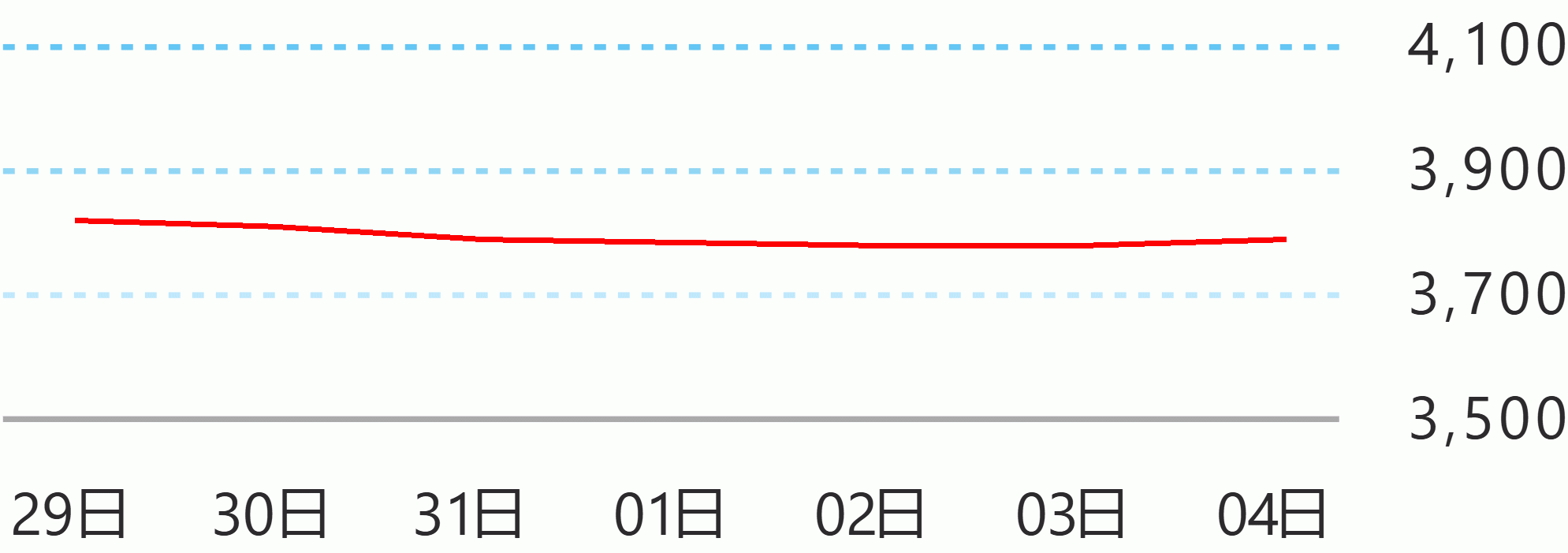The House of Representatives managed to approve, on third and final reading, the Corporate Income Tax and Incentives Rationalization Act (CITIRA), on Friday.
The bill received 170 affirmative votes, eight negative votes, and six abstentions.
CITIRA is the 2nd package of the Comprehensive Tax Reform Program (CTRP) of the Duterte administration.
Among the principal authors of the CITIRA, filed as House Bill 4157, are Reps. Horacio Suansing, Jr., Estrellita Suansing, Committee on Ways and Means Chairman Rep. Joey Sarte Salceda, Reps. Kristine Singson-Meehan, Junie Cua, Sharon Garin, Michael Romero, and Ann Hofer as well as Deputy Speakers Luis Raymund Villafuerte Jr. and Aurelio Gonzales.
The measure seeks to encourage investment by slashing corporate income tax (CIT) from 30 percent to 20 percent.
It also aims to ensure that the grant of fiscal incentives bring in the greatest benefits, such as higher and more dispersed investments, more jobs, and better technology; ensure fairness and transparency in the grant of fiscal incentives; and enhance the accountability of taxpayers through more efficient tax administration.
Suansing said CITIRA shall make the economy more resilient, vibrant, and cohesive.
"By lowering corporate income tax, businesses, especially small and medium enterprises, will improve and this will ultimately encourage robust business activities, more investments and more importantly, tax compliance. For the past 50 years, the country has been overly generous in giving special treatment to some investors who have enjoyed this special status," she said.
Salceda said reducing the CIT is expected to encourage domestic companies to produce in the Philippines rather than abroad.
The measure will also provide additional revenues to responsible corporate partners every year.
Assuming they reinvest 50 percent of the tax savings from the CITIRA, then this will produce 1.1 million jobs between 2020 and 2029, according to Salceda.
Gross domestic product (GDP) is also expected to flourish under the CITIRA, as the measure is projected to spur a 3.9 percent GDP growth per year and tame inflation to 0.9 percent.
“This is the biggest of all the packages that will essentially expand the capacity of the economy because the State accounts for only 21 percent of GDP while the private sector actually accounts for 79 percent. And therefore we are transferring the dynamism of growth," Salceda said. DMS





 English
English









